Date: Thursday 24 August
Time: 3:30 (4:00) – 7:00 pm
Venue: Bøker og Bylab, Trondheim
Language: English/Norwegian
Free admission
Video from the conference is available here:
Housing is a basic need and a human right. Norway needs new housing policies and practices to provide affordable housing for all. Commodification of housing must stop to be replaced by effective welfare policies.
As input to Government’s new housing whitepaper (2024) Habitat Norway with partners have invited leading international experts to present innovative thinking and approaches. Key note speakers on housing rights (Standal, Boligstiftelsen), Nordic experiences (Sørvoll, NOVA) and global trend Frediani (HIC/IIED) will be supplemented by presenters on Vienna (Temel), Barcelona (Arrondo), Paris (Plaa), London (Murray) and Toronto (Redman).
Subsequently, based on this input local youth politicians from major political parties will ahead of September’s local and regional elections discuss Norway’s and Trondheim’s housing challenges.
Program (final draft)
15:30 Introduction
- Habitat Norway presentation video
- Short film: “There are no neighbors here anymore”
16:00 Opening
- Ellen de Vibe (Moderator) welcomes on behalf of Habitat Norway
- Ola. L Renolen, Councillor for Environment, Trondheim municipality
16:15 Keynote speeches
- Researcher Alexandre A. Frediani, Habitat Internal Coalition/International Institute for Environment and Development; Global trends in social housing and the role of grassroot movements
- Research Professor Jardar Sørvoll, NOVA; The Norwegian Housing regime in a comparative perspective 1946-2023. The best of all possible worlds?
- Director Kathrine E. Standal, Boligstiftelsen i Trondheim; What do the Right to housing imply in a Norwegian context
17:00 Better policies and practices from abroad
- London – Claudia Murray, Research Fellow, University of Reading
- Paris – Lucie Lescude Plaa, Project Manager, Paris Habitat
- Barcelona – Maite Arrondo, Consultant, Housing Innovation
- Vienna – Robert Temel, Initiative fur gemeinschaftliches Bauen und Wohnen
- Toronto – Melanie Redman, A Way Home. Together to end Youth Homelessness/Making the Shift.
17:50 Pause
18:00 Norwegian youth and housing (in Norwegian)
- Representatives from political parties (youth wing) present their housing policies before municipal/regional elections (Rødt, SV, AP, MDG, V, FRP, H)
18:35 Panel discussion (in Norwegian)
- Political parties’ youth representatives: “How to cater for the housing needs of the marginalized?”
Registration
Is closed
HOUSING FOR ALL – VISION OR REALITY? Ahead of the municipal and county council elections
Housing is a basic need. Citizens’ right to housing must govern housing policy. It must be treated as a right and not as a commodity. Globally, nationally and locally, housing policies must facilitate the diversity of cities and towns and counteract segregation and exclusion based on real participation and ownership. People must be guaranteed housing they can afford where they live. This requires an effective distribution policy.
“Freedom” for the few De-prioritization of the social housing policy In Norway from liberalization in the 1980s and the downsizing of the Housing Bank to a strict needs-testing of municipal housing implied that the social housing policies stopped working in Norway. We need better welfare arrangements for those who are unable to get their own place to live.
The right to a safe and affordable place to live is enshrined in the UN Declaration of Human Rights. The housing situation in Norway in general, and the big cities in particular, has recently developed negatively. Today, housing is considered an investment object and a commodity rather than a right. The challenges are great in both the property and rental markets, and Norway, through the Government Pension Fund Global (the Oil Fund), affects the global housing market in a negative way. Among other things, the fund has invested in the company Blackstone, which is causing mass evictions and extreme rent increases on three continents. In recent years, Norwegian housing investors have also bought up more than 100.000 housing units in the Nordics and Europe.
Housing becomes a commodity Globally, the housing and property market has grown to today being more than twice as large as the world’s total GDP. That is, $217 trillion against $80 trillion. The reason is that housing has become a very attractive investment object for private actors and companies. Global finance markets are gaining ever-increasing influence over our homes and cities, and the consequences are that homes are becoming pure money machines for investors. Norway also contributes to this global trend and must take its international responsibility to stop indecent living conditions worldwide.
Climate and epidemics In addition to an existential climate threat, we in the world today face global epidemics. They are both ticking bombs in relation to people’s work, leisure and welfare. A permanent housing crisis, exacerbated by COVID 19, is the result. Housing is becoming too expensive. Population pressure and speculation also contribute to increased pressure on services such as water and sanitation. Challenges in the housing market have become very visible in recent years, and apply both to those who own and rent as well as to those who live in municipal housing. An affordable and good place to live is a basic right. In addition, a diverse residential area is important for integration, cohesion and varied services for the population. House prices have increased drastically more than the incomes of most people. Housing is thus only becoming affordable for those with the highest incomes and biggest wallets. A third housing sector will be an important measure to provide good and affordable housing for all. Initiatives in Norway in this respect do not impress anyone.
The government is currently working on a new housing whitepaper. It is important that social housing stakeholders in Norway take the opportunity to influence developments in the housing market through a new policy. The election campaign before the municipal and county council elections in September is such an opportunity. Politicians set important premises.
Youth most vulnerable Norway, Norwegian cities and towns are integrated into and influenced by the global economy. It is not possible to discuss a sustainable policy in Norway without taking into account existing global conditions, frameworks and trends related to financial markets, population development, activities of transnational companies, international crime, corruption, global health and climate. Although there are many common features worldwide, the social housing challenges are sought to be solved in different ways. Urban, social movements are central. They often focus on housing because it concerns and mobilizes everyone. It is often women and young people who take the lead. The housing challenges promote a broader attitude to political work linked to public services, sport, culture and home-based employment. To succeed, the grassroots initiatives must seek cooperation and coalitions with more influential forces. Academia, the labor and trade union movement are such.
What might the approaches be? Within a global, national and local context, Habitat Norway and its partners wish to use the webinar on 24 August in Trondheim to discuss social housing approaches and experiences from countries and cities all over the world based on how they themselves present their efforts. One of the questions is whether there are “better practices” with universal validity? Because it is young people who are hit hardest representatives of the youth political parties, together with housing researchers and bureaucrats, will be central to the discussion. Together, we will try to find answers to which political and practical measures that can facilitate safe housing affordable for everyone.


